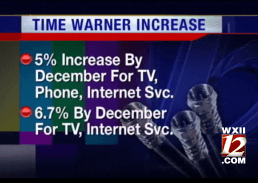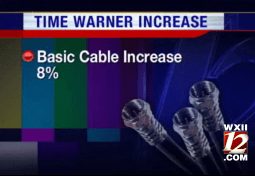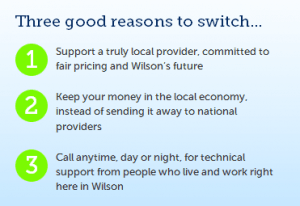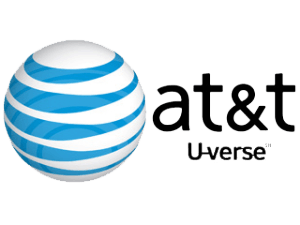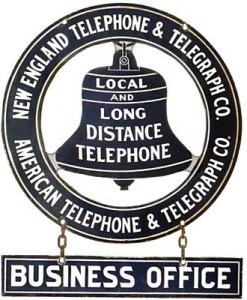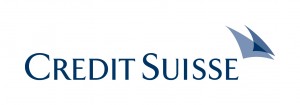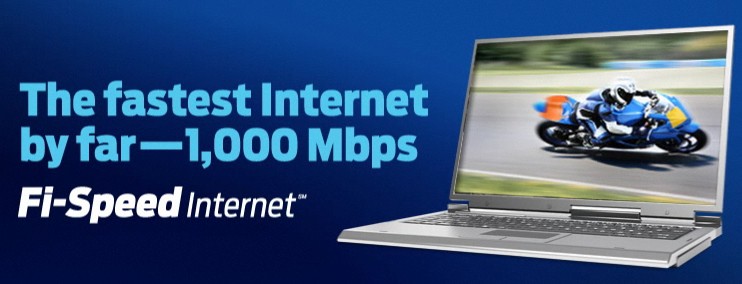 Broadband Reports has obtained a leaked memo stating AT&T plans on eliminating its flat rate broadband plans for DSL and U-verse customers effective May 2nd.
Broadband Reports has obtained a leaked memo stating AT&T plans on eliminating its flat rate broadband plans for DSL and U-verse customers effective May 2nd.
On that date, AT&T will limit its DSL customers to 150GB per month and its U-verse customers to 250GB per month in what will be the largest Internet Overcharging operation in the nation. Customers who violate the usage limits will face a three-strikes-you’re-overcharged penalty system. After three violations of the usage limit, customers will pay an additional $10 for each block of 50GB they consume. Although that represents just $0.20 per gigabyte, less than some others have imposed, it is not pro-rated. Whether a customer uses one or fifty “extra” gigabytes, they will face the same $10 fee on their bill.
Customers will begin receiving notification of the change in the company’s terms of service March 18.
AT&T claims only 2 percent of their DSL customers will be exposed to the Internet Overcharging scheme.
“Using a notification structure similar to our new wireless data plans, we’ll proactively notify customers when they exceed 65%, 90% and 100% of the monthly usage allowance,” AT&T’s Seth Bloom told Broadband Reports. The company also says they’ll provide users with a number of different usage tools, including a usage monitor that tracks historical usage over time, and a number of different usage tools aimed at identifying and managing high bandwidth consumption services.
“Using a notification structure similar to our new wireless data plans, we’ll proactively notify customers when they exceed 65%, 90% and 100% of the monthly usage allowance,” AT&T tells us. The company also says they’ll provide users with a number of different usage tools, including a usage monitor that tracks historical usage over time, and a number of different usage tools aimed at identifying and managing high bandwidth consumption services.
However, AT&T’s accuracy in measuring broadband usage is open for debate. The company is facing a class action lawsuit over its wireless usage billing. According to the suit, AT&T consistently inflates usage measured on customer bills. No third party verification or oversight of usage meters is mandated — customers simply have to trust AT&T.
AT&T ran trials in Beaumont, Tex., and Reno, Nev., from 2008 with a range of usage limits. Customer reaction to the trials was hostile, and the test ended in early 2010. In December, FCC Chairman Julius Genachowski told providers the agency was not opposed to usage limits and consumption billing schemes, leading some to predict the green light was given to companies willing to test whether customers will tolerate Internet Overcharging.
 AT&T claimed this weekend its new pricing was going to benefit customers. So long as customers keep paying their bills, AT&T will not “reduce the speeds, terminate service or limit available data like some others in the industry,” Bloom said.
AT&T claimed this weekend its new pricing was going to benefit customers. So long as customers keep paying their bills, AT&T will not “reduce the speeds, terminate service or limit available data like some others in the industry,” Bloom said.
But the usage limits come at the same time Americans are increasing their consumption of online video and other high bandwidth services. Usage limits which may appear to be reasonable at first glance become punishing when they do not change over time and customers increasingly risk exceeding them. Once established, several companies have repeatedly lowered them to further monetize broadband service usage. AT&T has delivered some of the lowest usage limits in the wireless industry, so it has faced customer criticism in the past.
Customers tied to existing term contracts may likely avoid the usage caps temporarily. Others will not stick around long enough to find out.
“I will be canceling my U-verse service on Monday and go back to Time Warner Cable,” writes Stop the Cap! reader Jeffrey. “I will never do business with a provider that imposes overlimit fees on usage that literally costs them next to nothing to provide. It’s like charging extra for every deep breath.”
Some of our other readers are headed back to Comcast, which has a 250GB usage cap, or exploring DSL provided over AT&T lines by third party companies, which likely will not impose usage limits, at least for now.
“Charging 20 cents per gigabyte isn’t too bad, but you just know AT&T will lower the caps or jack those rates up,” our reader Ian writes. “It is very important to send AT&T a message right now we are prepared to quit doing business with them over this issue, or else we will be nickle and dimed to death by them tomorrow.”
Our reader Jared asks whether new legislation has been introduced to curb unjustified Internet Overcharging. In 2009, then Rep. Eric Massa (D-N.Y.) introduced a bill to ban Internet Overcharging unless companies could prove it was justified. At the moment, there is no new legislation, but when providers attempt to overreach and impose pricing the vast majority of broadband customers oppose, that could change.
At the moment, Stop the Cap! recommends AT&T customers begin to explore alternative providers and prepare to terminate their service with AT&T unless they scrap their Internet Overcharging scheme. AT&T earns billions in profits from their broadband division and spends millions on lobbying. With this amount of largesse, AT&T does not need this pricing scheme to remain profitable.


 Subscribe
Subscribe